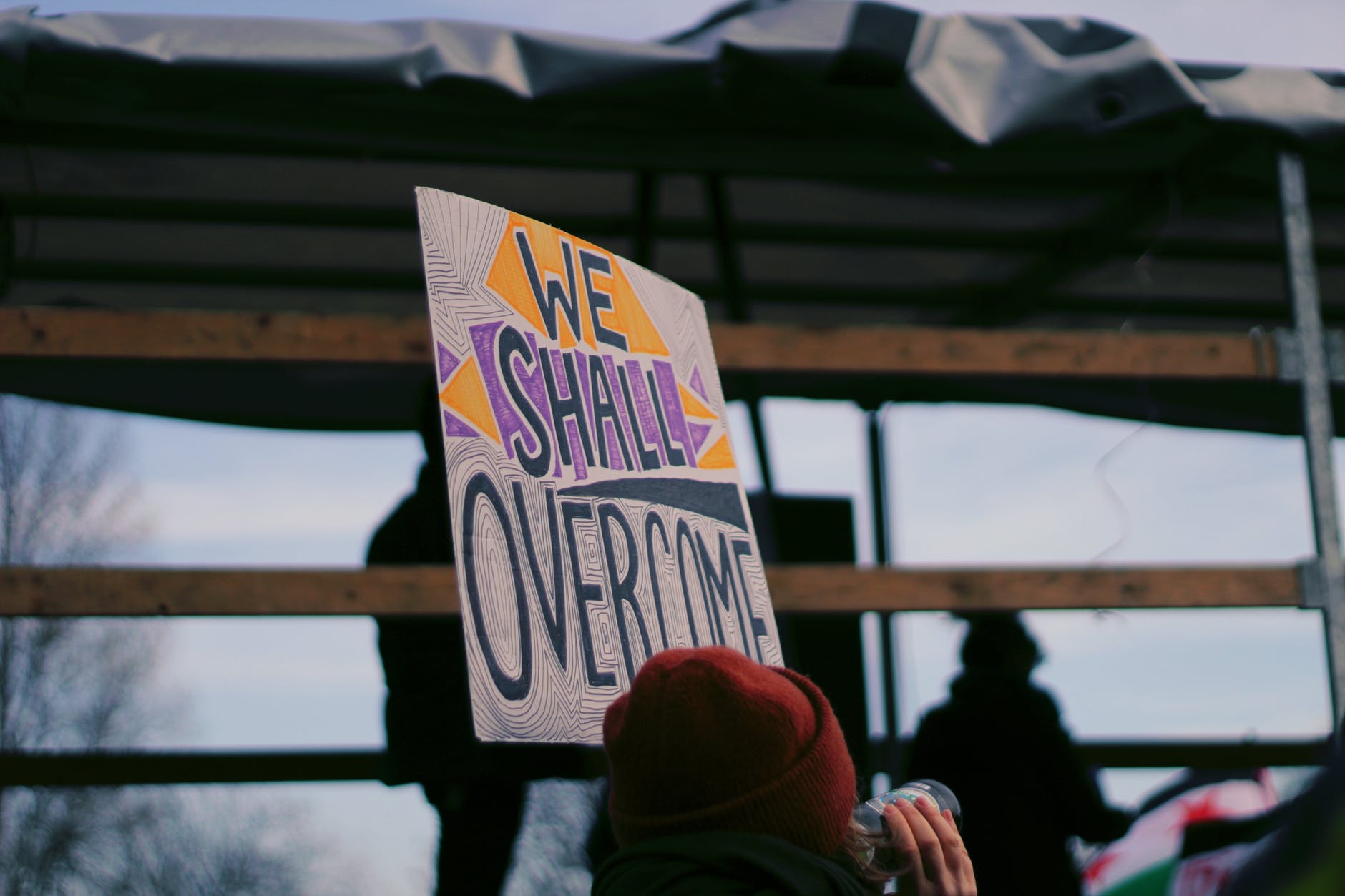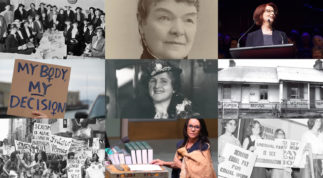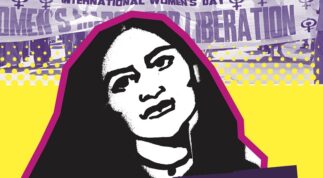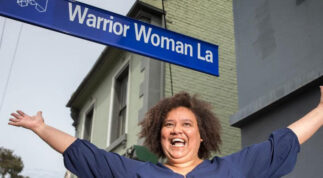An Age newspaper Good Weekend Quiz (27 June) titled Game changers: 24 events that shaped our modern world, tested readers’ knowledge of important moments in the past 120 years. There were no questions about the many dramatic events that have benefited women. There was no sense of how the feminist movement changed the social landscape and economies of the world in an unprecedented way.
Amnesia about women’s history is, unfortunately, very common so let’s have a further quiz to test our knowledge of some true game changers.
Let’s start with sport:
Q. In what year were women first officially allowed to participate in a marathon race?
A. The Boston Marathon in 1972.
Women were excluded because it was claimed that running a marathon was damaging to their health. This myth was disproved when, in the previous year, a woman managed to sneak into the starting crowd and complete the course. That event could claim it really was a game changer. It did take another 12 years before the Olympic Games included a women’s marathon race. Believing women were physically fragile played nicely into a paradigm which excluded women from many areas of work and public life and no doubt enhanced male superiority. It was a fantasy, blind to women’s physical strength, and the reality of most women lives as being a housewife was hard work. In this COVID-19 year, hygiene rates highly and maybe we are a bit over the twenty-second hand wash. Before the advent of the automatic washing machine (not affordable for most home until the 1960’s) women keep everyone clean by doing the hard work of washing.
Take another one:
Q. In what year did the contraceptive pill become readily available in Australia?
A. February 1961.
The contraceptive pill, the only medication ever to be known simply as The Pill, had the power to change women’s lives because control of their fertility would facilitate women’s entry into the paid workforce. However our politicians (overwhelmingly men) immediately put limits on its use. The drug company was not allowed to advertise it; only a married woman could get a prescription; and its purchase was subject to a 27.5 % luxury tax. It took a campaign by the Women’s Electoral Lobby(WEL) in the lead-up to the 1972 election to change this oppressive policy stance. The Whitlam Government removed the luxury tax on all contraceptives and put the pill on the PBS.
Moving on to the pervasive and perennial of problem violence against women:
Q. Can you name at least two prominent and brave Australian feminists who advocated against violence against women in the late 19th century?
A. Henrietta Dugdale who also co-founded the first suffrage league in Australia; and Louisa Lawson in her magazine The Dawn.
The struggle for political rights began in the 19th century and Australia played a leading role. The Australian Commonwealth Franchise Act 1902 gave women the vote but uniquely it gave women the right to stand for election – the first nation to do this. Despite this ground-breaking legislation, it took another 41 years for the first woman to be elected to the Australian Parliament. This time lag — between women gaining political rights and actually being elected — is one of the longest in the world. We have remained conservative in this area; we are still chasing gender parity in our parliaments; and women are expected to meet different standards. Surely I need not mention the misogyny directed at our first female Prime Minister.
Q.In what year was the first Australian Taskforce on Domestic Violence appointed?
A. Almost one hundred years later, in 1981, in NSW.
Every week a woman dies at the hand of a current or previous male partner and sexual harassment is rife. Yet the response of our politicians seems to whisper that the eradication of violence against women does not have a high priority. The problem lies in our culture which is primarily male focused and their contributions to our society is valued more highly. We have seen this yet again in the economic decisions the Federal Government are making to deal with the fall out of COVID-19. Despite the fact that women have been harder hit by the economic downturn the proposals favour men.
Women all over and across different backgrounds, have much to gain from listening to and supporting the Black Lives Matter movement. This movement understands how the disadvantage of black people is deeply embedded in our social, economic and political systems according some people more rights than others. By supporting the Black Lives Matter movement we will be not only help to erode racism but also help change the way our society supports and perpetuates privilege.
Women can also learn from their spokespeople who appreciate that truth telling (acknowledging the facts of the past) is vital if change is to occur. We must do so much more to honour our heroines, understand the history of women’s oppression and recognise the battles fought, whether won or lost. I don’t claim to have the answers but unless the experience of the last 150 years of feminist action informs our present efforts, we will not succeed in achieving full gender equality or in eliminating the scourge of violence against women and girls.
This is why I watched, with great interest, the Trust’s special screening last week of the new film Brazen Hussies, by first-time director Catherine Dwyer. It’s an impressive documentary of the second wave of feminism, drawing on remarkable archival footage, as well as reflective interviews with many Australian women who were active in the women’s liberation movement of the 1970s, including the formation of WEL. It’s a great piece of storytelling, bringing into sharp relief the patriarchal battleground, the frustrations, rage and anger that so many women felt then, and indeed, still do by the deeply-embedded gender inequality in our society. It deserves the widest possible audience reach over the summer ahead.
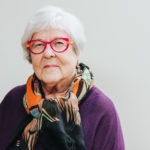 Barbara Wertheim OAM is a pioneer in Australian feminism. She was part of the driving force that led to the first women’s refuges established in the state of Queensland. Barbara was the Commissioner for Equal Opportunity Victoria from 1987-1989, being the first woman to hold that position.
Barbara Wertheim OAM is a pioneer in Australian feminism. She was part of the driving force that led to the first women’s refuges established in the state of Queensland. Barbara was the Commissioner for Equal Opportunity Victoria from 1987-1989, being the first woman to hold that position.
